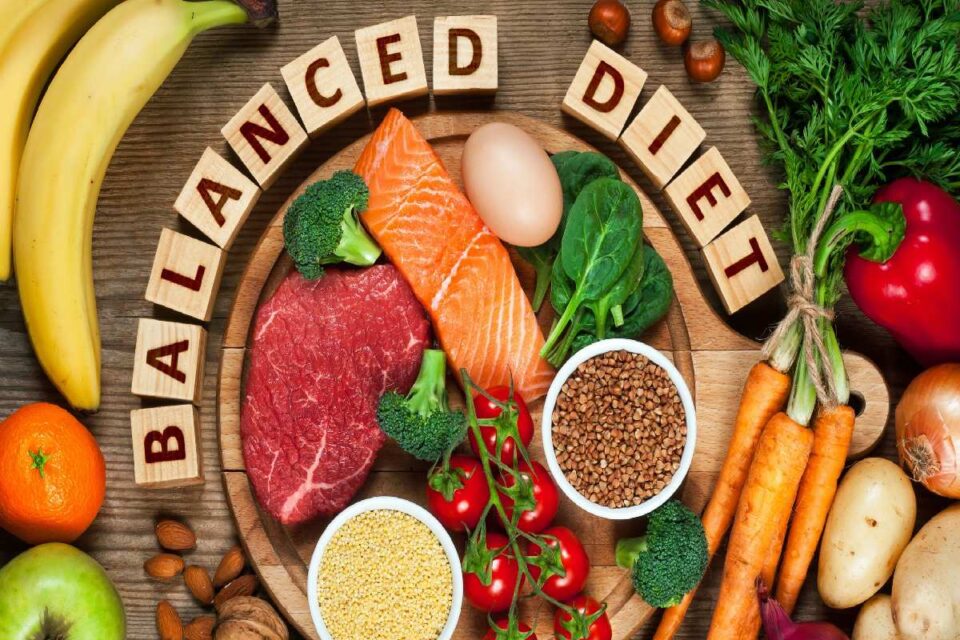Expert nutritionists advise that different foods, when used strategically, turn into fuel to help you perform better in your line of work. Some diets boost your mental sharpness for tasks that require strategy others boost endurance and strength for physical tasks while others give a burst of energy for explosive performances.
A guided eating plan can help your muscles recover fast, put you in the best of moods to keep you motivated and calm you down into deep sleep for an invigorated day in the morning. There is so much information out there about diets, most of which is inaccurate. Today we offer professional advice on the best diets for a couple of professions. Read along to learn how you can get the most from what you love to do.
Foods That Promote Concentration
Blueberries are the perfect snack for people engaging in mentally involving activities. This is because they are rich in rare antioxidants like proanthocyanins, which improve human memory for a minimum of 5 hours.
While the berries promote concentration, green tea contains the right amount of caffeine to keep your brain razor-sharp. Another food category that complements the list is fatty fish. It is rich in fatty acids with a high concentration of omega-3, which does not only get you in a better mood but is also a potent mind food.
When talking about mind foods, fish oils take the leading role because they are essential in brain development and increased brain function for all age groups. Get your fix of omega-3 from sardines, mackerel, salmon, anchovies and trout. If you find it difficult to include these foods in your diet, simply start by including some blueberries and green tea.
Fish oil supplements are better than not getting any Omega-3 at all if you don’t like to eat fish. There is a reason why these foods are mandatory for anyone who’s trying to play at a professional level and must stay focused and alert game after game. For the same reason, Omega-3 is often given as a supplement to children with ADHD to improve their concentration.
Foods That Keep You Agile
 It is amazing how ballet dancers strike the perfect balance between strength and elegance. If your line of work demands a flexible physique and strong limbs, you ought to watch your diets religiously and eat like a “Ballerina.”
It is amazing how ballet dancers strike the perfect balance between strength and elegance. If your line of work demands a flexible physique and strong limbs, you ought to watch your diets religiously and eat like a “Ballerina.”
Another group of professionals who fit in this category is performing artists who switch from back-to-back training sessions to a jam-packed performance schedule. A balanced diet coupled with constant hydration will sustain energy levels at optimum and keep away the fat that would affect your dexterity.
A performer’s diets features low-calorie foods that are rich in protein content. This means eggs, fruits with plenty of fats and vitamins e.g., avocados, a full glass of milk, or tea for breakfast. A glass of juice, fruit, or oatcakes as a mid-morning snack, stir-fried vegetables, shredded beetroot, chicken pasta, or cheese sandwich with lettuce for lunch.
Nuts and fruits in the mid-afternoon and for dinner a meal rich in protein like salmon or chicken with stir-fried veggies. Such a diet sustains energy levels and also keep a lean body strong but flexible. Avoid carbonated foods, alcohol, and sugars as they lead to sugar spikes that burn out fast, leaving you completely drained.
Foods for Professional Athletes
This category strives to attain maximum endurance and strength for explosive performances. Sporting activities are physically demanding and mostly involve constant running. This interprets to a high heart rate and an intensive metabolism to supply muscles with steady energy and oxygen.
An athlete’s body requires a little bit of everything to fuel a high intensive work rate but plenty of carbohydrates, as they are easy to break down into glucose, which is readily converted into energy. Stay away from carbonated sugars and alcohol to prevent spontaneous energy spikes that leave your body feeling lethargic and dehydrated.
Proteins are also essential but in proper ratios to avoid accumulating body fat. Proteins help maintain your muscles. The standard daily intake of protein should be 1.7 grams for every kilogram of your weight. This means a 200-pound athlete should consume at least 150 grams of protein daily. Stay away from extremely fatty foods. Only consume foods with unsaturated fats such as nuts, fatty fish, avocados, vegetables, olives, and so on.
Intake of fluids should be continuous as long as you are awake because athletes lose too much fluid in just a single session of intensive exercise. Your urine should always be clear, that is how you can tell you are hydrating properly.
Anything, but this indicates you are straining vital organs like the kidneys. Hydrating also lets your body cool down after vigorous physical activity. Sports fluids replenish your electrolyte levels, which are actively lost as you sweat. Electrolytes send nerve signals around your body, and taking sports drinks helps in the recovery phase.
Keep in mind that adequate and consistent sleep patterns are just as important in keeping your body and mind fresh. To catch the best ZZZZs every night, eat a light dinner and wake up to a full breakfast.

